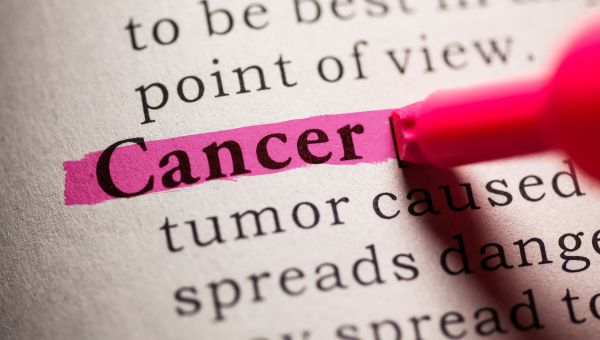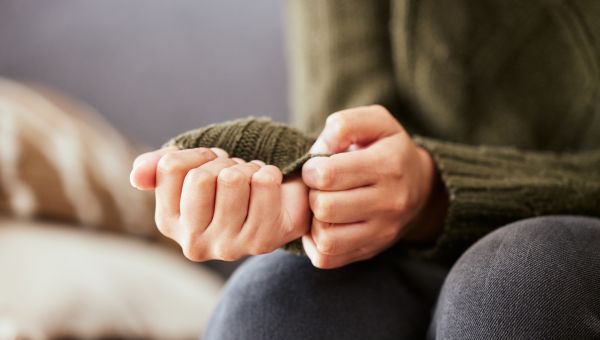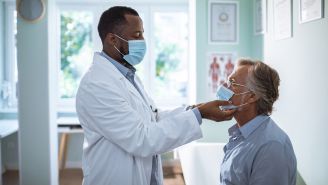Everyday habits that may lead to cancer
These seemingly harmless habits could increase your cancer risk.
Updated on June 5, 2024

While quitting smoking and healthy eating are certainly important to your health, they aren’t the only habits to consider. There are many seemingly harmless things you may do every day that could affect your health—and increase your risk for cancer.
Read on to find out what habits you may want to work on changing to stay healthy.

Sitting too much
A long commute or binge watching your favorite show: it may seem harmless, but over time it can affect your health. Prolonged sitting has been linked to an increased risk of cancer.
Researchers from the American Cancer Society (ACS) found that women who spent more than six hours a day of their leisure time sitting had a 10 percent greater risk of cancer than women who spent three hours of their free time sitting. Some studies have found that sitting for long periods of time increases your chances of developing cancer of the ovaries (the female reproductive organs that store and release eggs during the menstrual cycle) and endometrium (the lining of the uterus), as well as colorectal cancer (cancer of the large intestine and rectum, the last several inches of the large intestine).
Try to get as much physical activity as possible during your day. If you’re watching TV, get up every few minutes to take a few steps. Everything counts.

Being stressed out all the time
Everybody gets stressed. It’s a part of life. Occasional stress is not bad for you. But when you are stressed and anxious all the time, it is unhealthy. The connection between chronic stress and cancer is not direct. But some of the things people do because of stress can increase their risk of cancer.
The theory is that people who are chronically over-stressed may also engage in other unhealthy habits, such as overeating, not exercising, smoking, or drinking too much alcohol, all of which have been linked to different types of cancer.
Chronic stress also harms your immune system. This leaves you susceptible to many different diseases, including certain cancers.
Try not to drink, smoke, or overeat when you get stressed. Instead, try these healthy ways to reduce stress:
- Go for a walk or a jog
- Take deep breaths
- Practice meditation
- Talk to a friend or loved one
- Write down your worries in a journal

Eating sugary foods and drinks
Lots of foods have added sugars. These include packaged foods like cookies, cakes, and candies, as well as sweetened soda, tea, and fruit drinks.
Too much added sugar can affect your health for many reasons. Not only can it cause weight gain, but it may also increase your risk for a range of health problems, including cancer.
Added sugar affects certain hormones in the body. One of these is insulin. Insulin helps control levels of sugar in the blood. Another is estrogen, which can cause some types of cancer cells to grow. Too much insulin and estrogen in the body may lead to issues that can increase the risk of cancer.
One way to cut back on added sugar is to avoid drinking sugar-loaded beverages. A 20-ounce bottle of regular cola alone contains 65 grams of sugar. That’s about twice as much as the American Heart Association says you should get in a single day. Instead of sweet soda, drink water or unsweetened tea. Or try sparkling water (seltzer) mixed with a little bit of fresh fruit.
More On


video

article

slideshow


video


video
